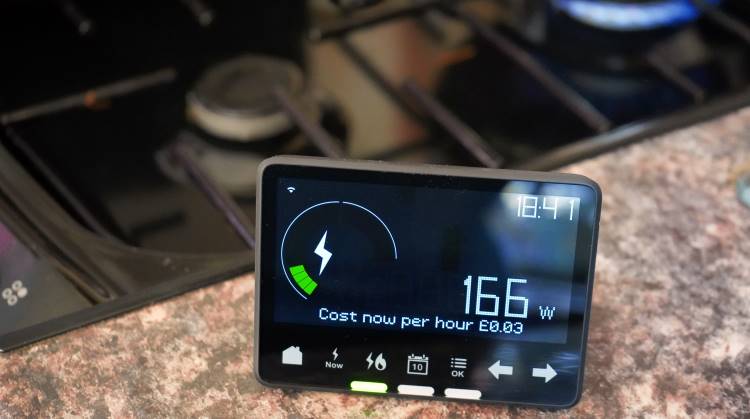Smart Meter Installations up 120% in July

Smart meter installations jumped 120% between June and July, as the loosening of social distancing restrictions allowed suppliers to resume home visits.
152,000 smart energy meters were installed last month, according to figures from ElectraLink. That includes 20,482 installations in the East of England, 19,913 in southern England and 14,728 in the East Midlands. The vast majority of these meters will be second-generation SMETS2 meters.
Although smart meter installations were still down 36% from last July, they were closer to normal. In June, installations were down by 67% year on year.
Energy suppliers were installing 19,000 smart meters a day in early March but slowed the pace as fears mounted over the COVID-19 pandemic. All non-emergency smart meter installations were suspended on 23 March, as the country was put into lockdown. Thousands of meter installers were subsequently furloughed across the industry.
The pause meant that installations were down 15% in the first quarter of the year and will likely be down much further in the second quarter when official figures are released later this month.
Suppliers tentatively resumed installation of the next-generation gas and electricity meters in June, although by that point the rollout, already troubled, had fallen far off course.
In light of the pause, the Department for Business, Energy and Industrial Strategy (BEIS) announced that suppliers would have an additional six months to offer a smart meter to every home and small business in the UK, with the deadline pushed to 30 June 2025.
However, they’ll face tougher yearly targets to ensure the rollout remains on track. The government is reportedly considering fining suppliers that miss these targets.
Around 13.6 million smart meters have been installed in UK homes and businesses since January 2012. These meters replace old electronic and dial meters. They display energy consumption in kilowatt-hours and pounds and pence, both on the meter and on an in-home display, allowing consumers to monitor their energy use and potentially identify savings. They also send automatic, regular meter readings to suppliers, eliminating the need to take manual readings.
Earlier this month Utilita, which pioneered the use of smart meters for its 600,000 pre-payment energy customers, estimated that smart meters had helped UK households save nearly £270 million on their energy bills during lockdown even as domestic energy consumption rose.
The supplier polled 2,000 consumers, who estimated their smart meters had helped them save an average of £39.50 on their energy bills since 23 March. With a quarter of UK households now equipped with smart meters, that’s a total savings of £268.6 million.
The survey found that consumers are finding smart meters useful. 62% of respondents reported checking their display once a week, while nearly a third (32%) look at it once a day. More than half (54%) use the budgeting function on their in-home display. Ultimately, 27% of households thought the information provided by the smart meter has helped them reduce the amount of energy they use and thus their energy bills and carbon emissions.
Read on our blog

With the government poised to implement tough new measures to...

Budget broadband provider TalkTalk has been notifying customers via email...

A year-long investigation by charity Citizens Advice has revealed a...

Education Secretary Nadhim Zahawi has announced a new commitment to...
